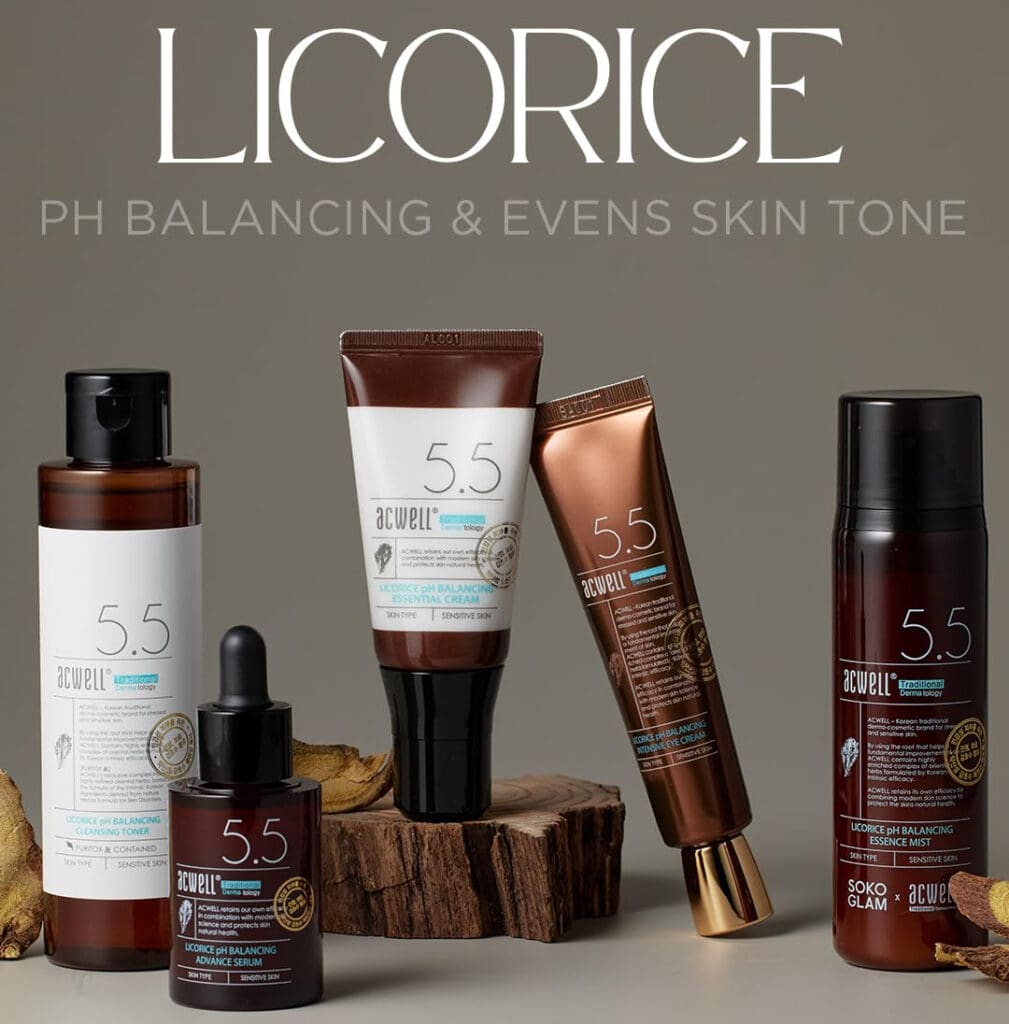
Natural Remedies For Melasma
Natural remedies for melasma. While various treatments are available, people turn to natural melasma remedies.
Natural remedies can effectively lighten melasma and improve skin health without the harsh side effects often associated with chemical treatments. Therefore, this guide explores various natural remedies for melasma, empowering you to take charge of your skin’s appearance and embrace a more radiant version of yourself.
Recent research has identified several plants that may serve as effective natural remedies for melasma, including:
- Licorice
- Tomatoes
- Parsley
Moreover, ongoing studies are examining the effectiveness and safety of these herbal remedies, emphasizing their potential benefits.
Key Findings from Research
Research articles from esteemed databases such as PubMed, Scopus, and Web of Science have confirmed the effectiveness of natural treatments for melasma. A meticulous compilation of clinical trials illuminates the diversity of plants used, their application methods, participant demographics, and any reported side effects, which paves the way for a brighter, more natural approach to skincare.
Effective Plant Remedies for Melasma
A comprehensive review of various plant remedies has revealed several particularly effective options for treating melasma naturally. Thus, these alternatives can be considered by those seeking natural solutions:
- Rhubarb
- Chickpea
- Melon Seed
- Parsley
- Sorrel
- Licorice
- Lentil
- Almond
- Fig
- Tomatoes
- Pine Bark
The diverse benefits of these plants highlight their incredible potential as natural remedies for melasma.
Licorice Root
Licorice is noted for its anti-inflammatory, anti-scarring, and antioxidant effects. For instance, one study indicated that participants using licorice root twice daily reported a satisfaction rate of 79.31%, compared to just 24.14% in the placebo group.
Chickpeas
Chickpeas are known for their skin-lightening properties, particularly when combined with melon seeds. Interestingly, patients reported improvements in melasma after 12 weeks of using this combination, with no serious side effects.
Parsley
Parsley has demonstrated anti-pigmentation effects comparable to those of 4% hydroquinone, thereby affirming its usefulness as a natural remedy for melasma.
Sorrel
A 3% sorrel cream effectively reduced melasma by inhibiting tyrosinase, an enzyme responsible for melanin production. Consequently, this offers a promising option for treatment.
Tomatoes
Rich in the antioxidant lycopene, tomatoes have yielded positive outcomes when used alongside other treatments. Notably, patients who took lycopene extract along with their standard 4% hydroquinone regimen reported significant improvements in their melasma condition.
Pycnogenol (Pine Bark)
As an oral supplement, pycnogenol has improved overall quality of life and reduced melasma severity, likely due to its antioxidant properties. Overall, this suggests that it can be a beneficial addition to melasma treatments.
Plants containing tyrosinase inhibitors, retinoids, and anti-inflammatory compounds show promise in treating melasma naturally. While the primary treatment for melasma typically involves a combination cream containing 4% hydroquinone, 0.05% tretinoin, and 0.01% fluocinolone acetonide ointment, concerns about potential side effects are leading to increased interest in herbal therapies as safe complementary options. Thus, natural remedies for melasma are becoming more popular.
Reclaim Your Radiant Skin: Natural Solutions for Melasma
Herbal remedies such as rhubarb, chickpea, and licorice demonstrate significant potential in treating melasma, thereby yielding results comparable to hydroquinone. For example, rhubarb has shown high levels of patient satisfaction, while the combination of chickpeas and melon seeds has led to noticeable improvements in melasma spots without adverse effects.
As a result, this encourages the incorporation of natural remedies into skincare routines.



